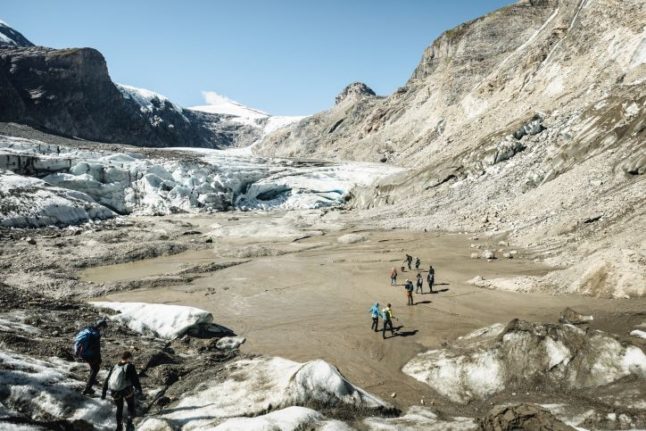Originating in the USA, the sport involves avoiding zombies along a 5km (three mile) run with 15 obstacles. And if you’re someone who enjoys the chase you can always volunteer to don a 'flesh eater' outfit and be transformed into a zombie by a professional make-up artist.
Up to 7,000 runners must reach safe zones and keep tags on their belt, which represent lives, to complete the challenge. The zombies will try to snatch the runners’ tags and ‘infect’ them.
The backdrop to the run will be an abandoned city – taking inspiration from hit US series The Walking Dead – with wrecked cars, helicopters and sound effects, organizer Florian Eckelmann said.
Tickets are not cheap, at €45, but the fee includes a wristband, sweatband, medal, water and snack – as well as a makeover for any zombies.
And if you just want to watch, you don’t have to pay. Participants must be aged 16 and over. The event starts at Mariazellerstrasse 180, 3100 St. Pölten at 10am.
Tickets can be purchased via Zombie Run St Pölten, or on the day.



 Please whitelist us to continue reading.
Please whitelist us to continue reading.
Member comments